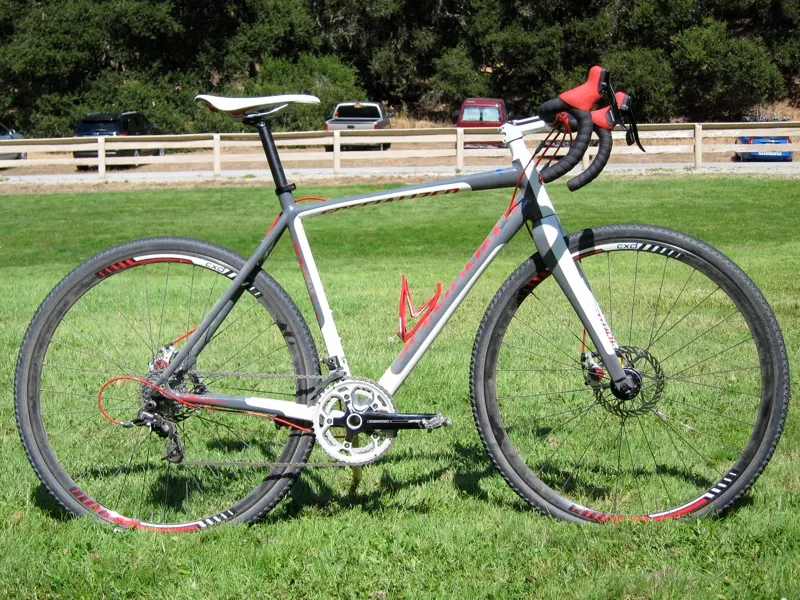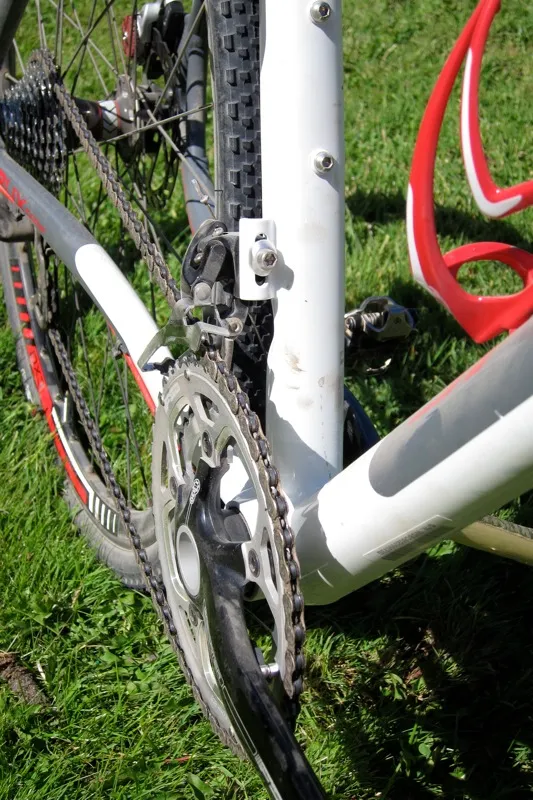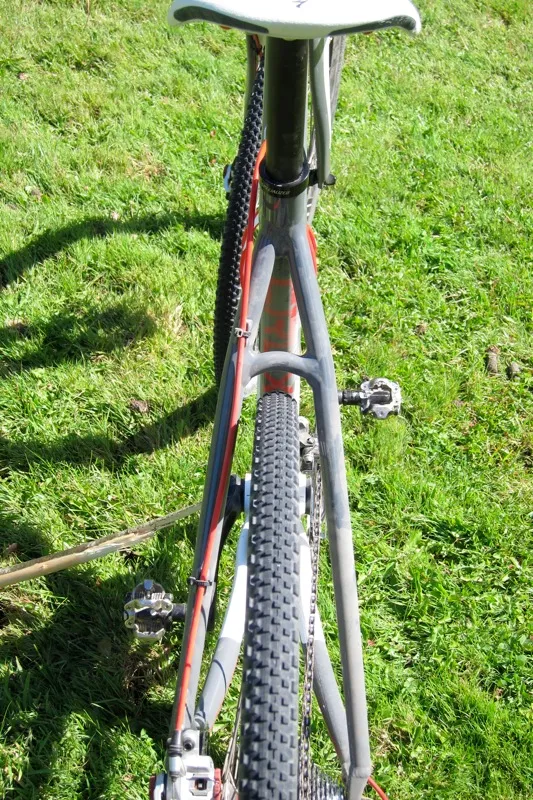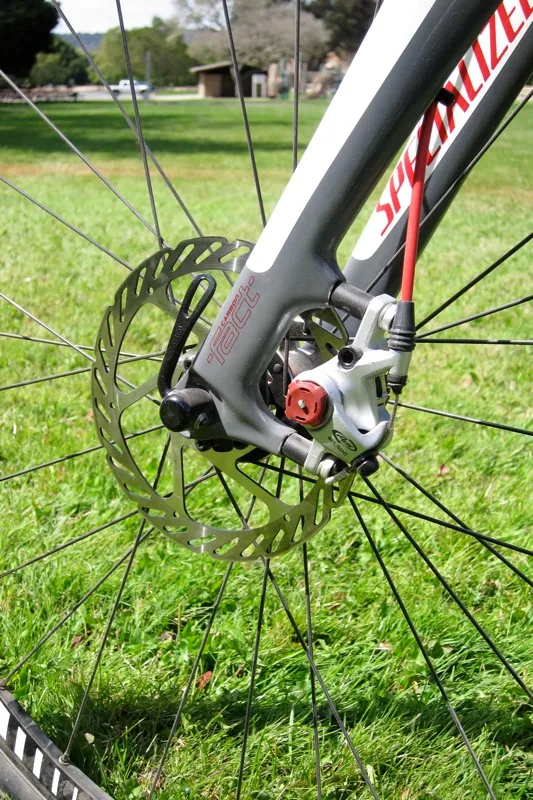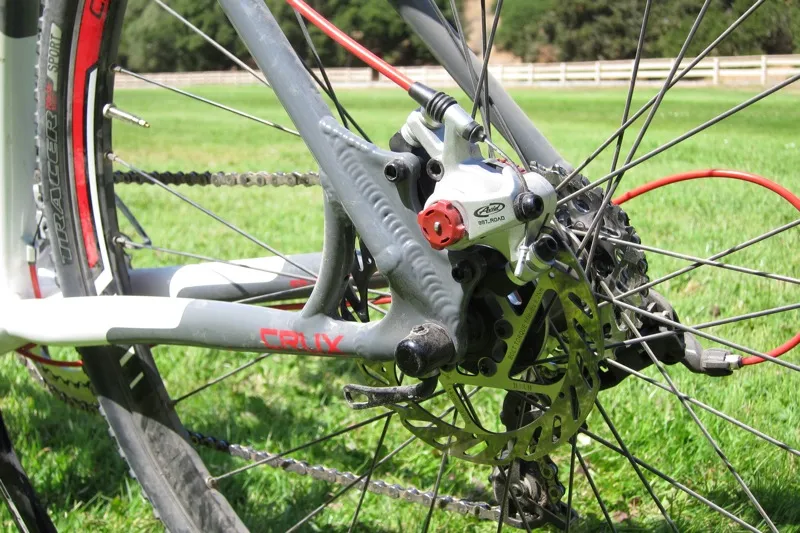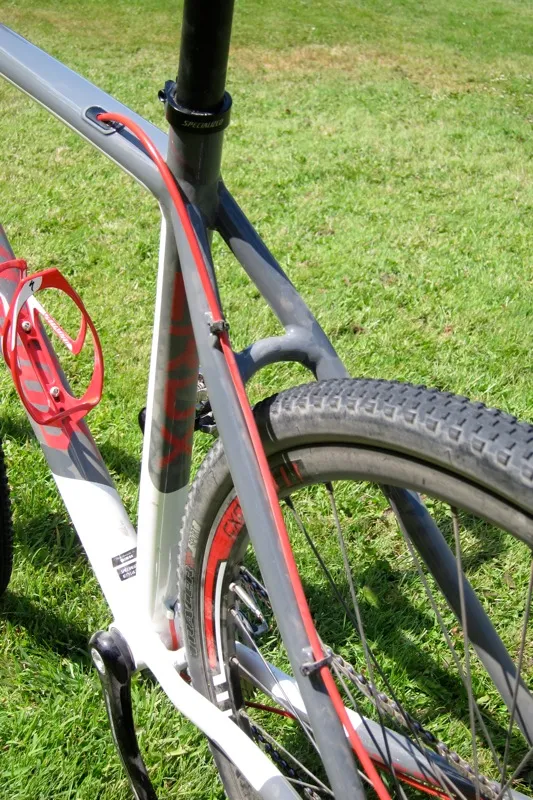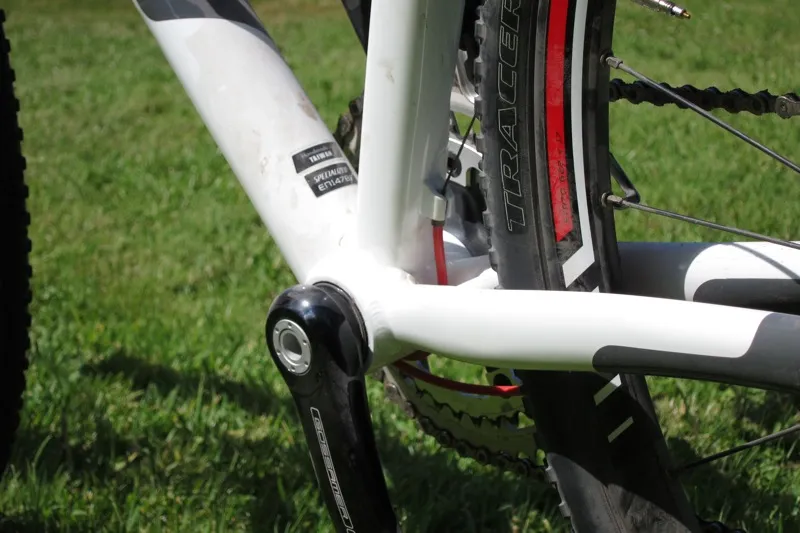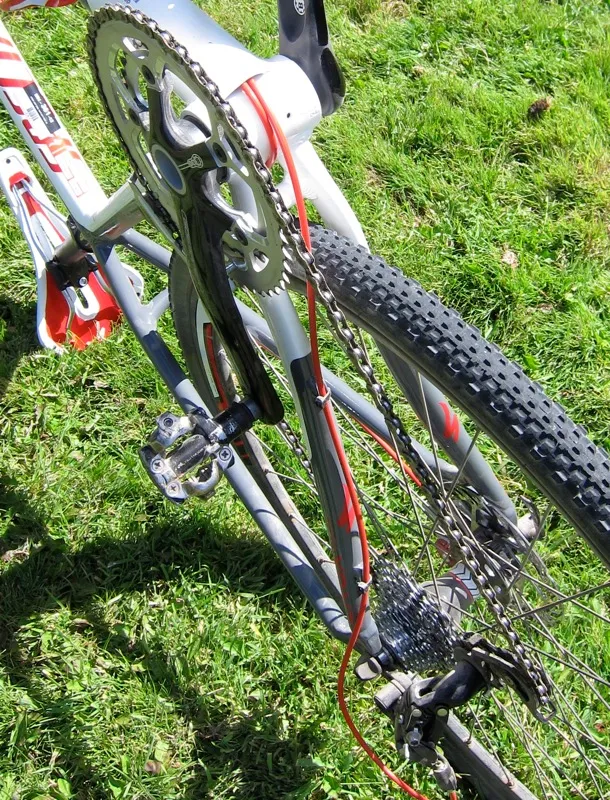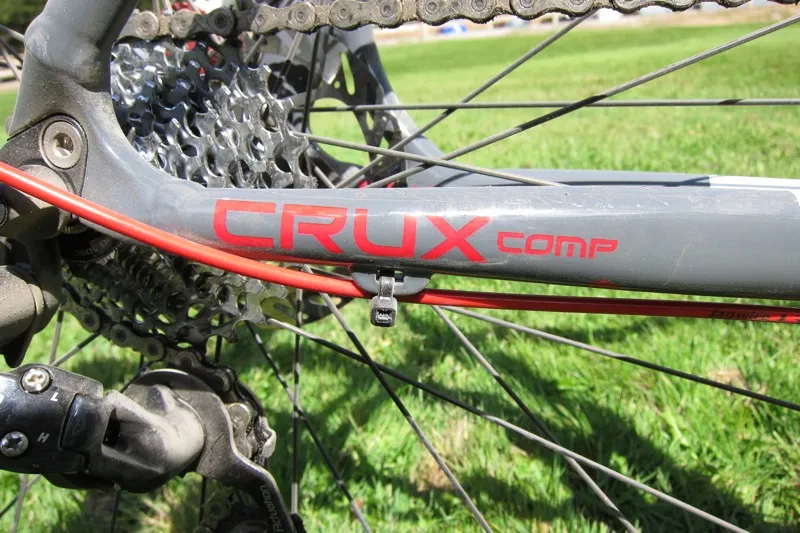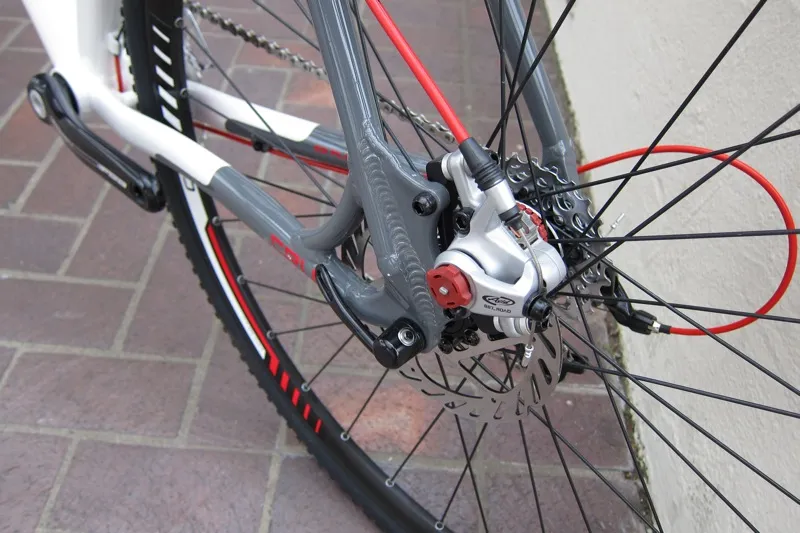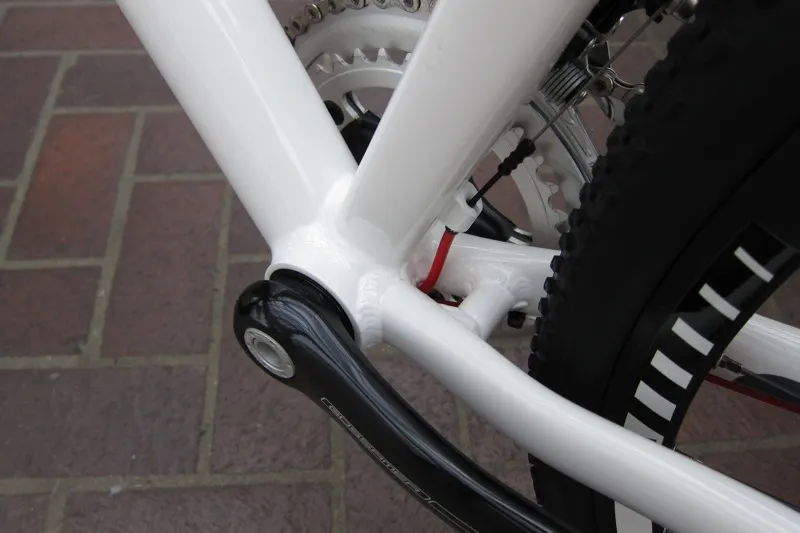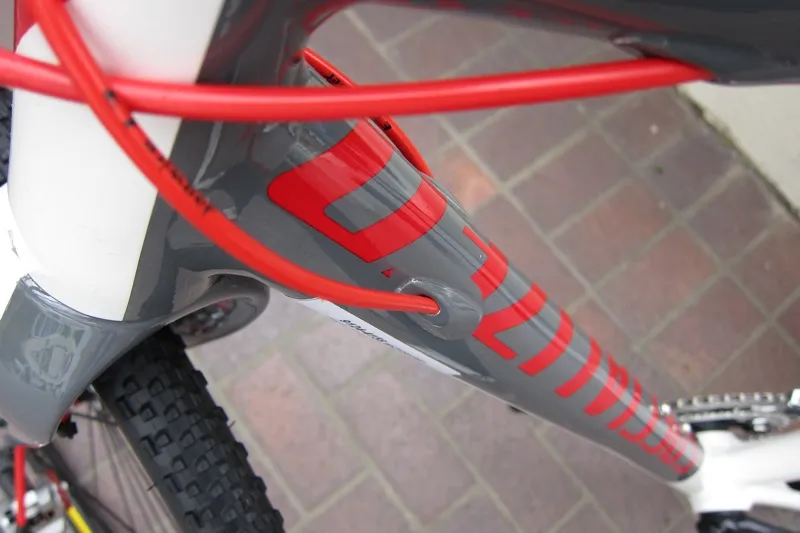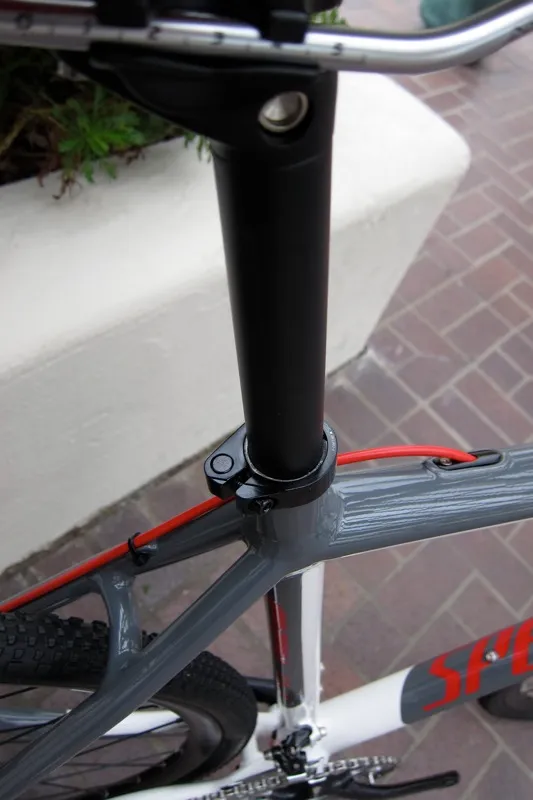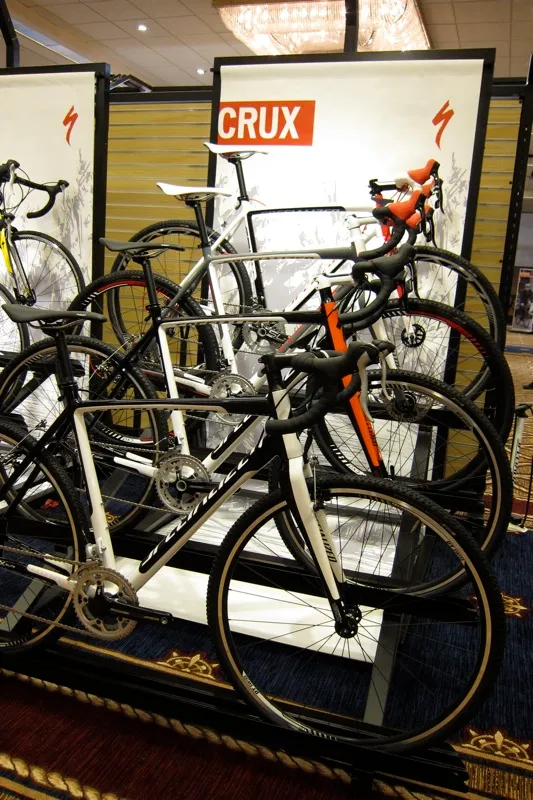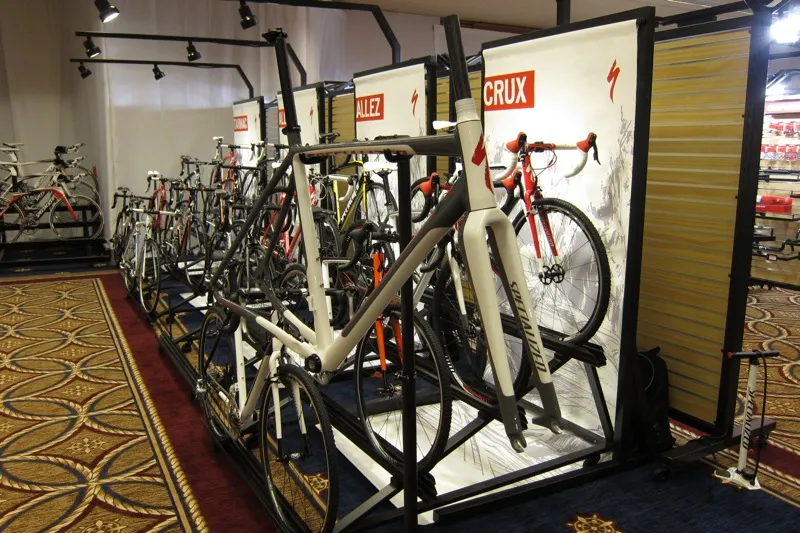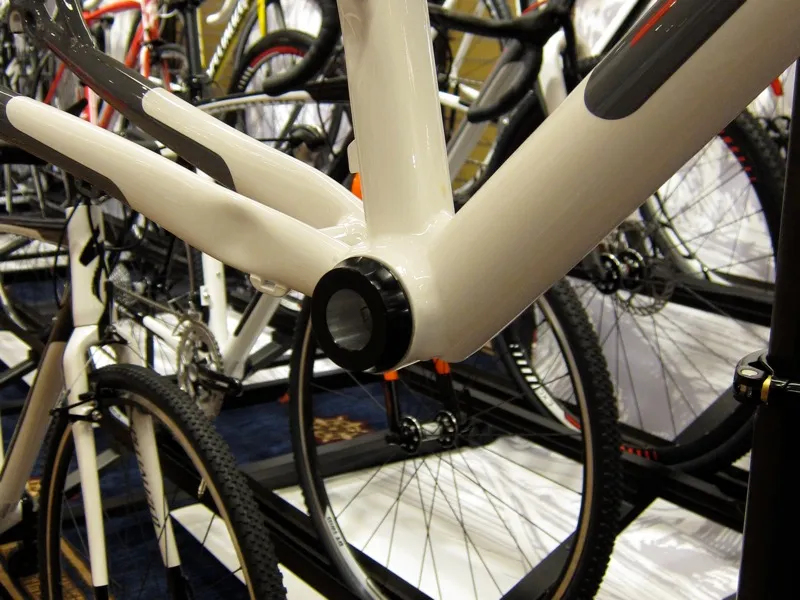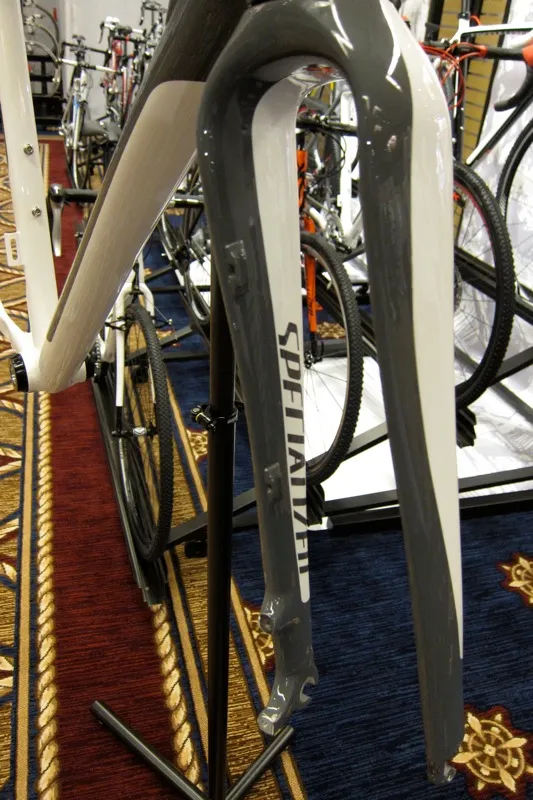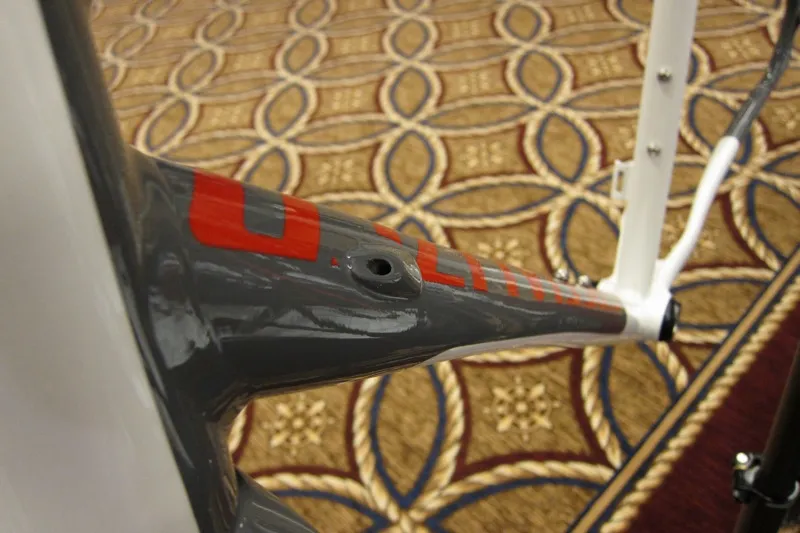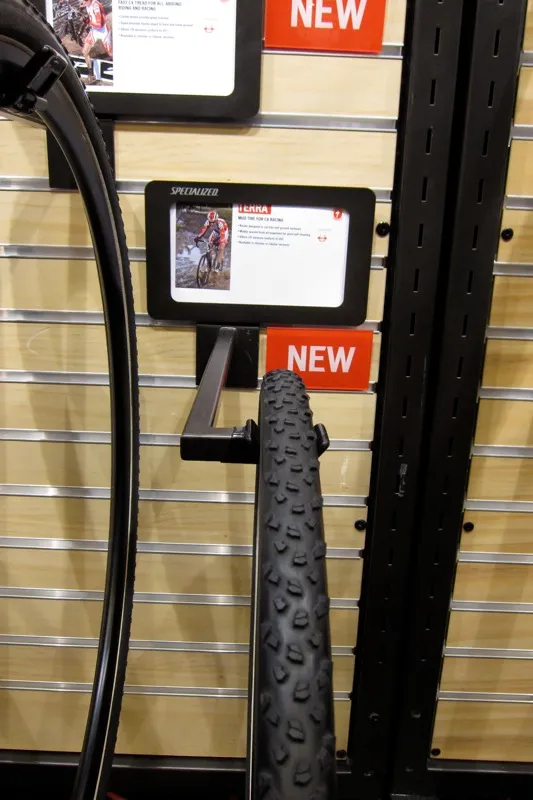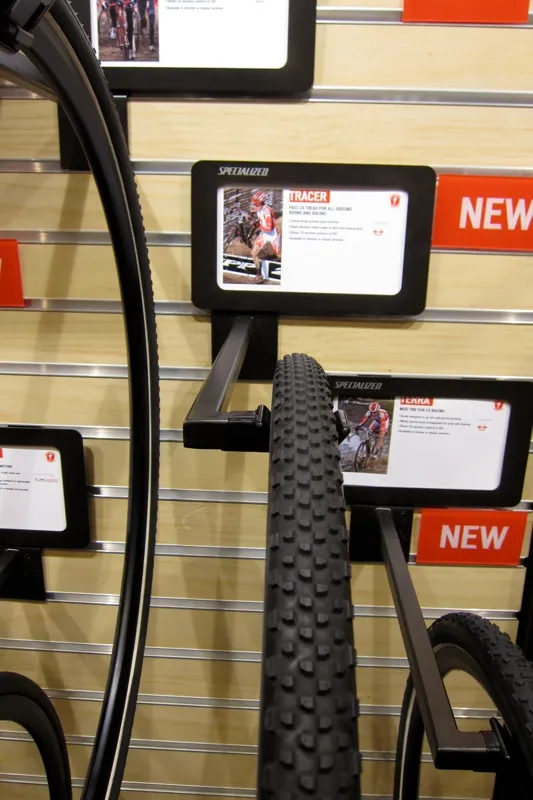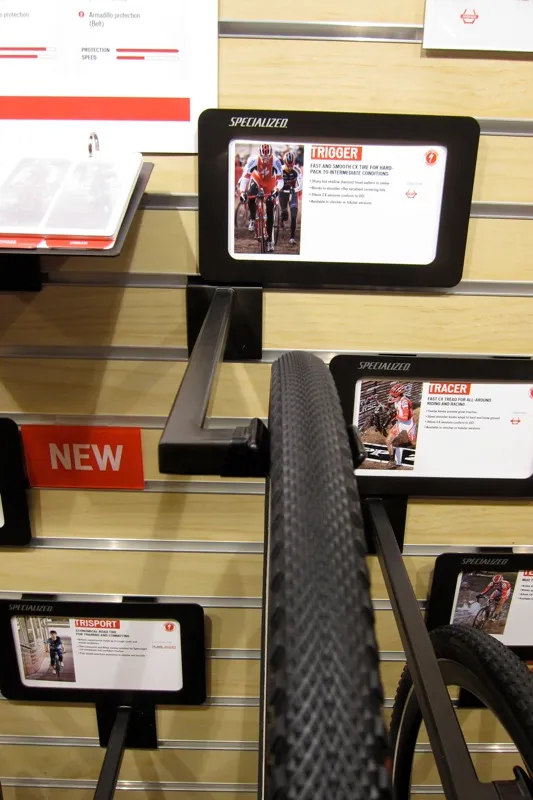This past December, Todd Wells took his third national title of the season at the USA Cycling Cyclo-Cross National Championships in Bend, Oregon. He did so on an E5 alloy Specialized CruX bike. For 2012, his model will lead the company's 'cross line, while carbon fiber is phased out.
This isn’t to say that Specialized haven’t put effort into cyclo-cross for 2012, as they offer two new exciting developments: a disc-specific CruX frame and fork, and a trio of tubular cyclo-cross tires, which are set to sell at a very appealing US$100 each.
CruX Disc
While the CruX Disc frame is virtually identical to the E5 alloy CruX frame offered with brake bosses last year, the full-carbon, tapered-steerer fork with 140mm direct-post-mount brake tab is entirely new. “It’s an S-Works level fork,” Don Langley, Specialized’s R&D member in charge of the new ’cross model, told BikeRadar.
The fork is made from FACT carbon and uses a 1-1/2in lower bearing that's said to resist any type of stutter under braking. As an additional measure, Specialized use a forward facing dropout to prevent the wheel from popping out, even if the quick-release is under-tensioned.
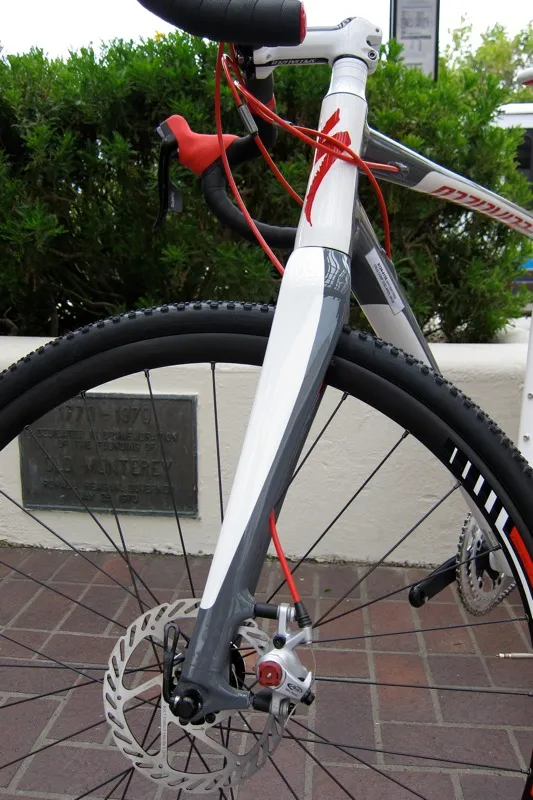
The FACT disc fork comes with a 140mm direct-post-mount disc brake mount that's spaced on the complete bike to accommodate a 160mm rotor
The rear wheel uses a 135mm quick-release hub. Use of the mountain bike axle width standard makes it compatible with any standard, non-through-axle 29er wheelset, which is a huge benefit to those who already have a race-quality tubeless 29er wheelset in their quiver.
The material, geometry, tube profiles, butting and OSBB 30mm bottom bracket all carry over from 2011, while the internal cable routing is updated to accommodate full housing for 2012. Langley said Specialized have found full housing to be worth the weight gain for the benefit to shifting performance.
The CruX Disc will be available as a $880 frame module that includes the frame, fork, headset, stem spacers, chain watcher and a 27.2mm Specialized Sport seatpost, as well as complete, built with SRAM Apex, an FSA Gossamer compact crankset (46/36-tooth) and Specialized Axis CXD wheels.
Specialized will offer three additional complete CruX models, ranging from $1,450 to $2,750, with post-mount cantilever brake bosses as well as a frame module ($770) for cantilever brakes. We can see the pros using a cantilever equipped model built light for the dry days and keeping two disc bikes in reserve for when the weather conditions turn true ’cross.
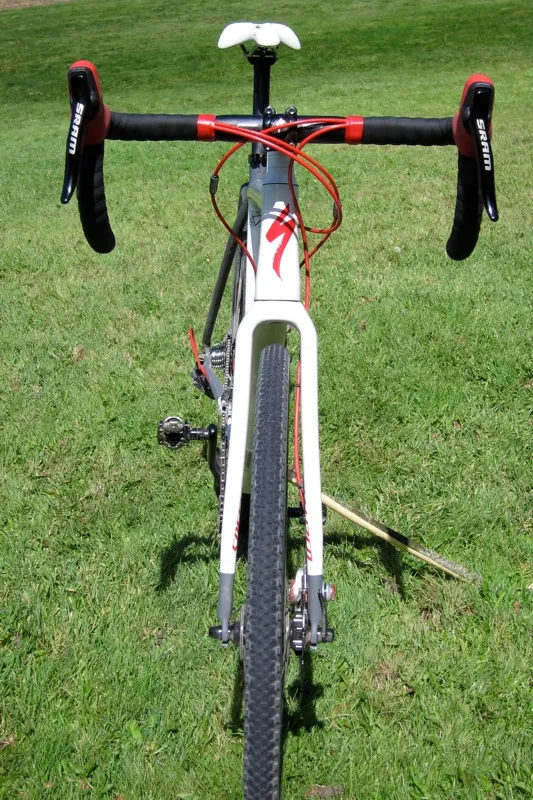
There's plenty of mud clearance offered by the FACT carbon disc fork, seat- and chainstays of the Crux Disc
CruX Apex Comp Disc – First ride
We took the $2,100 CruX Apex Comp Disc bike out for a brief ride, which confirmed two things. Firstly, the basic Avid BB7 mechanical disc brake has more power and potentially more modulation than any cantilever or linear brake on the market. Once a rider adapts to the brakes – yes, there will be a learning curve – he or she will be faster. Secondly, the new carbon fork is stiff enough to ward off brake chatter.
We rode some bumpy and steep singletrack as well as a makeshift circuit of grass, sand and pavement (UK: tarmac) on the CruX Comp Disc, which gave a good idea of how the bike will perform in the wild. We were happy with it overall; it’s a solid workhorse that feels lighter than its build suggests and has the potential to be built quite light, with a high-zoot tubular wheelset and selection of higher performance parts.
Braking is very good. On the dry surfaces we rode, the 60tpi Tracer 33mm tires offered plenty of traction to capitalize on the better braking performance. Those early adopters will have serious advantage on the race course; they’ll be able to brake later, opening up new lines, and with much less effort, which gives benefit to braking precision and the amount of energy the rider needs to devote to braking.

Avid's BB7 brakes work quite well, though a hydraulic brake system would be ideal. We were disappointed to see IS rather than direct-post-mount rear brake tabs
Specialized offer ’cross tubulars for 2012
The most important race-performance feature for a cyclo-cross bike is rubber, and Specialized have taken this seriously for 2012, offering a trio of condition-specific treads hand-glued to 260tpi hand-sewn 33mm poly-cotton tubular casings. Possibly the best feature is their relatively reasonable $99.99 pricetag.
The Trigger is Specialized’s file tread model, which offers a progressive diamond tread pattern, where the knobs increase in size as they move further from the centerline. It’s a tire that’s likely best suited for sand, grass, packed ‘blue groove’ dirt and pavement, in the hands of an expert rider.
The Tracer is a mid-conditions tire modeled after the Renegade cross-country mountain bike race tire. From our experience on the mountain bike and our brief ride on the Crux Comp Disc, which was equipped with a 60tpi clincher version of the Tracer, we know the tread rolls fast. It also offers more grip than its look suggests, and much more than those with a 30-year-old chevron tread.
The Terra is a mud tire with big, widely spaced, aggressive knobs. It already has a significant victory to its palmarès; Todd Wells used it to win the 2010 national championships – and he beat a field full of Dugast’s benchmark Rhinos.
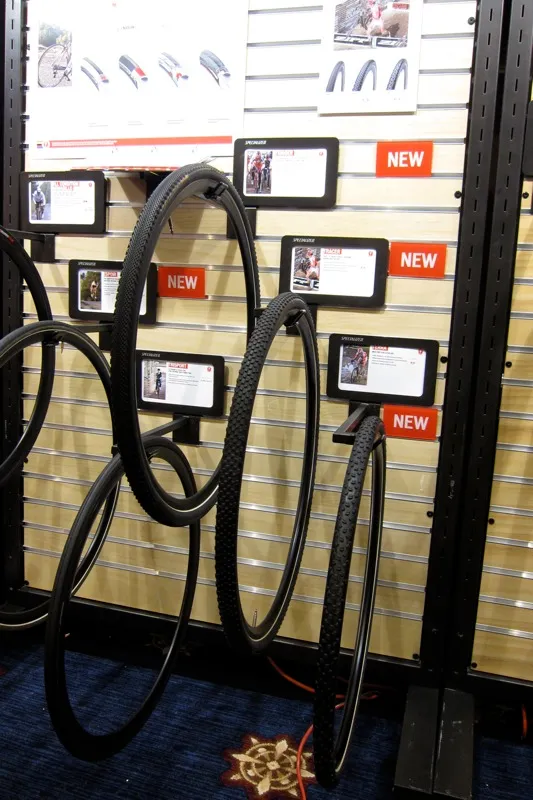
Specialized's new cyclo-cross tire quiver
